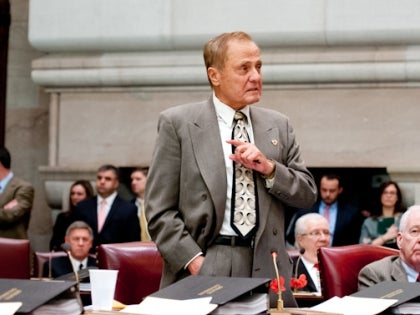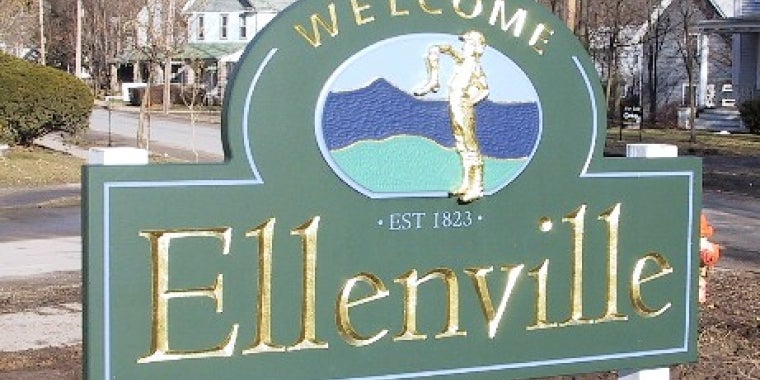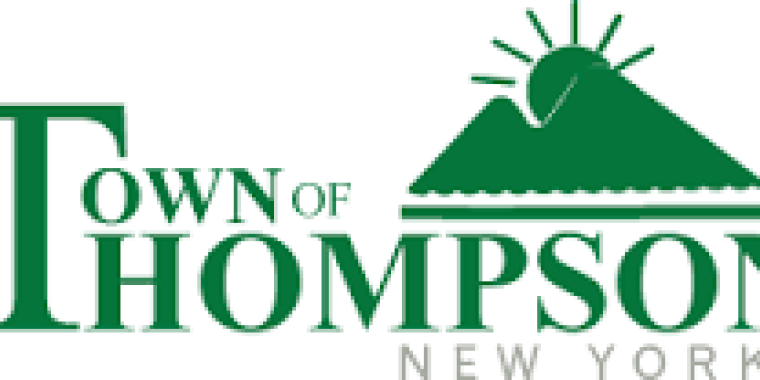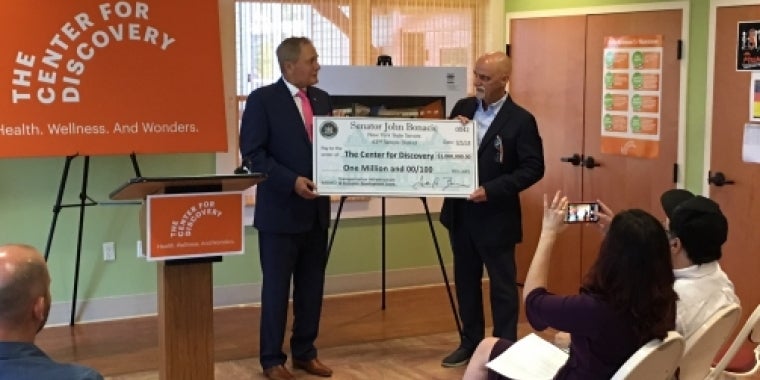
Bonacic: Ethics Agreement Is Fine on Paper; but Only Time Will Tell if It Lives Up to Its Name
John J. Bonacic
June 6, 2011
-
ISSUE:
- Ethics
State Senator John J. Bonacic (R/C/I – Mt. Hope), today stated he would vote for the ethics reform legislation announced by Governor Andrew Cuomo, Senate Majority Leader Dean Skelos, and Assembly Speaker Sheldon Silver. The legislation is named the “The Clean Up Albany Act of 2011.”
The terms of the ethic agreement include:
Greater Financial Disclosure: Financial disclosure statements filed with the new Joint Commission on Public Ethics from elected officials will now be posted on the internet and the practice of redacting the monetary values and amounts reported by the filer will be ended.
Increased Access to Who is Appearing Before the State and Why: The Act establishes a new database of any individual or firm that appears in a representative capacity before any state governmental entity.
Additional Disclosures for Registered Lobbyists: The bill expands lobbying disclosure requirements, including the disclosure by lobbyists of any "reportable business relationships" of more than $1,000 with public officials. It also expands the definition of lobbying to include advocacy to affect the "introduction" of legislation or resolutions, a change that will help to ensure that all relevant lobbying activities are regulated by the new Joint Commission.
Forfeiture of Pensions for Public Officials Convicted of a Felony: Certain public officials who commit crimes related to their public offices may have their pensions reduced or forfeited in a new civil forfeiture proceeding brought by the Attorney General or the prosecutor who handled the conviction of the official.
A New Joint Commission on Public Ethics: The Joint Commission on Public Ethics will replace the existing Commission on Public Integrity with jurisdiction over all elected state officials and their employees, both executive and legislative, as well as lobbyists. The bipartisan Joint Commission will consist of 14 members:
· Six appointed by the Governor and Lieutenant Governor, at least three of whom shall be enrolled members of the major political party that is not that of the Governor
· Eight appointed by the legislative leaders (four each from the two major political parties)
Among other restrictions, no individual will be eligible to serve on the Joint Commission who has within the last three years been a registered lobbyist, a statewide office holder, a legislator, a state commissioner or a political party chairman.
The Joint Commission will have jurisdiction to investigate potential violations of law by legislators and legislative employees and, if violations are found, issue findings to the Legislative Ethics Commission, which will have jurisdiction to impose penalties.
Clarifying Independent Expenditures For Elections: The Act requires the state board of elections to issue new regulations clarifying disclosure of Independent Expenditures.
Increased Penalties for Violations: The Act substantially increases penalties for violations of the filing requirements and contribution limits in the Election Law, and provides for a special enforcement proceeding in the Supreme Court. The bill also increases penalties for violations of certain provisions of the state’s code of Ethics that prohibits conflicts of interest.
“I am optimistic this agreement will be different than ones in the past. I applaud Governor Cuomo, Senate Majority Leader Skelos, and even Assembly Speaker Silver for negotiating and reaching this agreement. However, the proof will only be in the results – is Albany a more functional, ethical place, where the public can have faith in their representatives? Is the public better served? Those tests, not the press releases announcing this agreement, will determine the ultimate success of this legislation,” Senator Bonacic said.
###
Share this Article or Press Release
Newsroom
Go to NewsroomSenator Bonacic Announces $50,000 Grant for The Village of Ellenville
September 4, 2018

Senator Bonacic Announces $75,000 for the Town of Thompson
September 4, 2018

